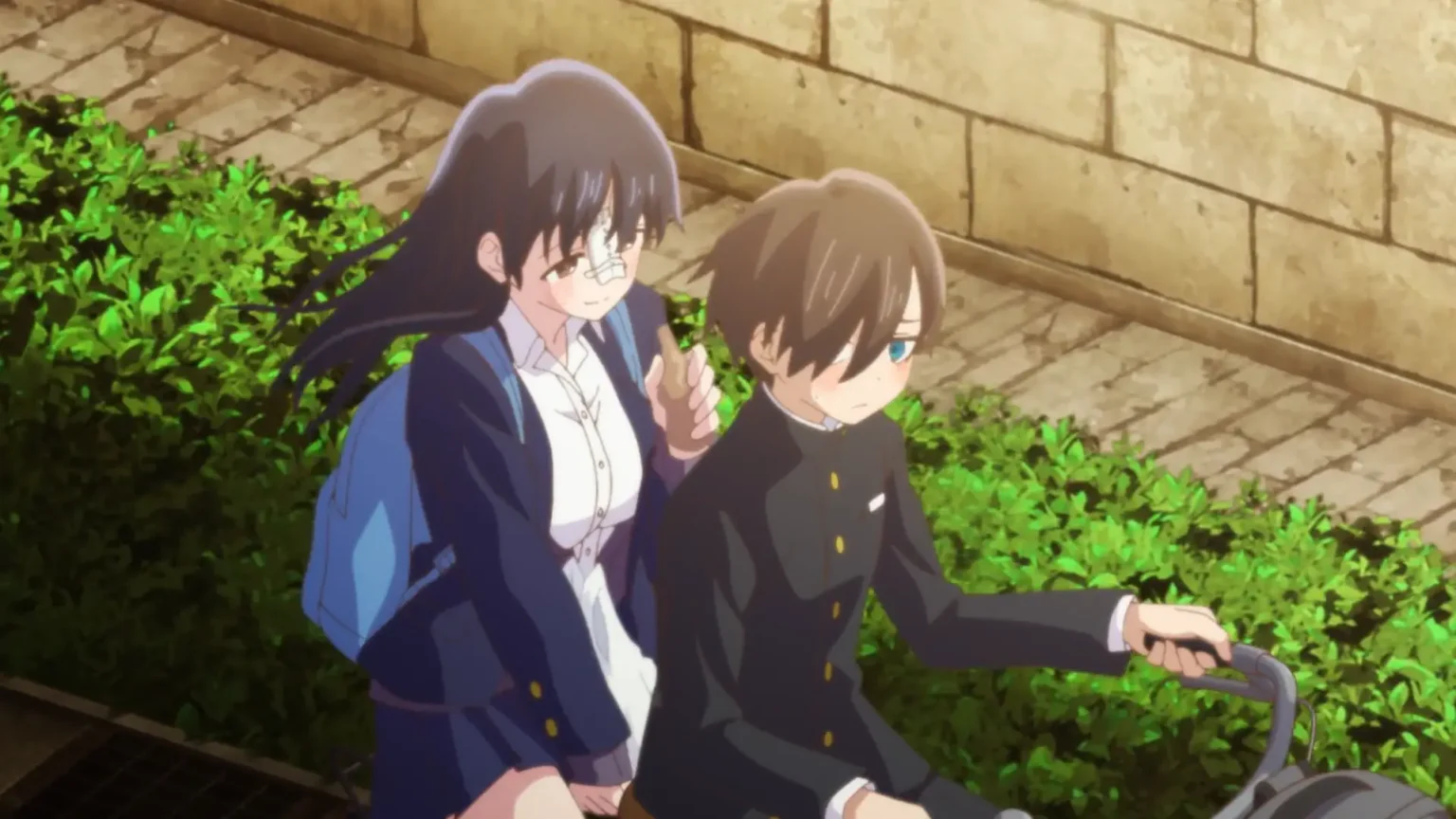In the expansive world of anime, romance often manifests as a slow burn, a sprawling narrative that meticulously charts the long and winding path of its protagonists. Yet, there is a unique and potent artistry to the short-form romance—a series that delivers a complete, emotionally resonant story with surgical precision.
These concise narratives forgo the comfort of drawn-out melodrama, opting instead for focused storytelling that captures the intensity, awkwardness, and beauty of a budding relationship. The following suggestions are a testament to this craft, each one a compact gem that delivers a powerful, satisfying, and fully-realized emotional journey in a fraction of the time.
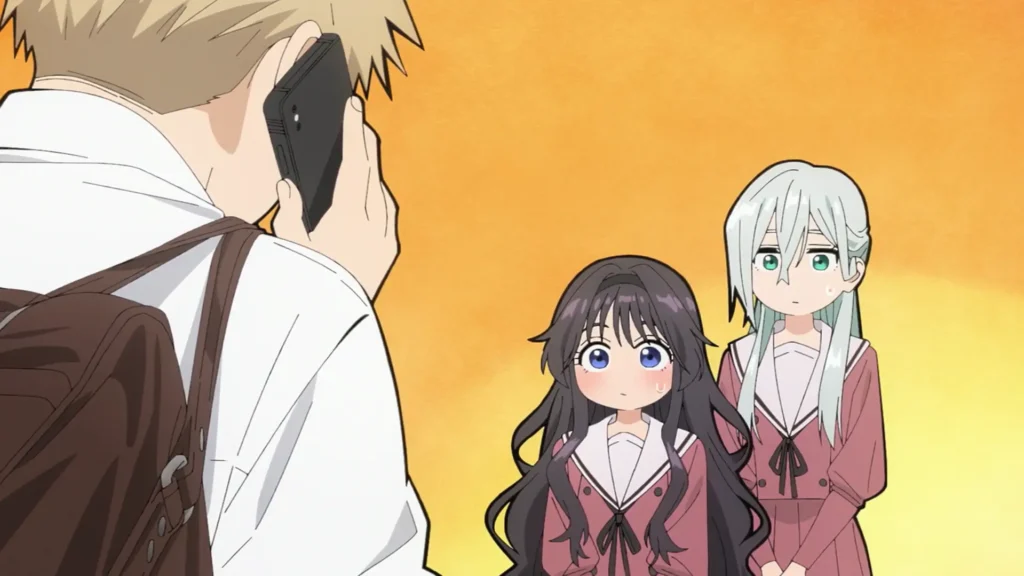
This series presents a modern “Romeo and Juliet” narrative, exploring the social chasm between two sharply stratified high schools: the prestigious, all-girls Kikyo Academy and the notorious, “delinquent-filled” Chidori High. The story is anchored by Rintarou Tsumugi, a Chidori student whose imposing appearance belies a gentle nature, and Kaoruko Waguri, a distinguished Kikyo student.
Their relationship, sparked by an incidental meeting at Rintarou’s family patisserie, becomes a nuanced commentary on social prejudice. The narrative meticulously deconstructs the labels and stereotypes thrust upon the students, focusing on the courage required to see the individual beyond the uniform. It is a tender exploration of a budding romance that directly challenges a hostile social ecosystem, questioning whether genuine connection can bridge a divide reinforced by reputation and fear.
Call of the Night (Yofukashi no Uta)
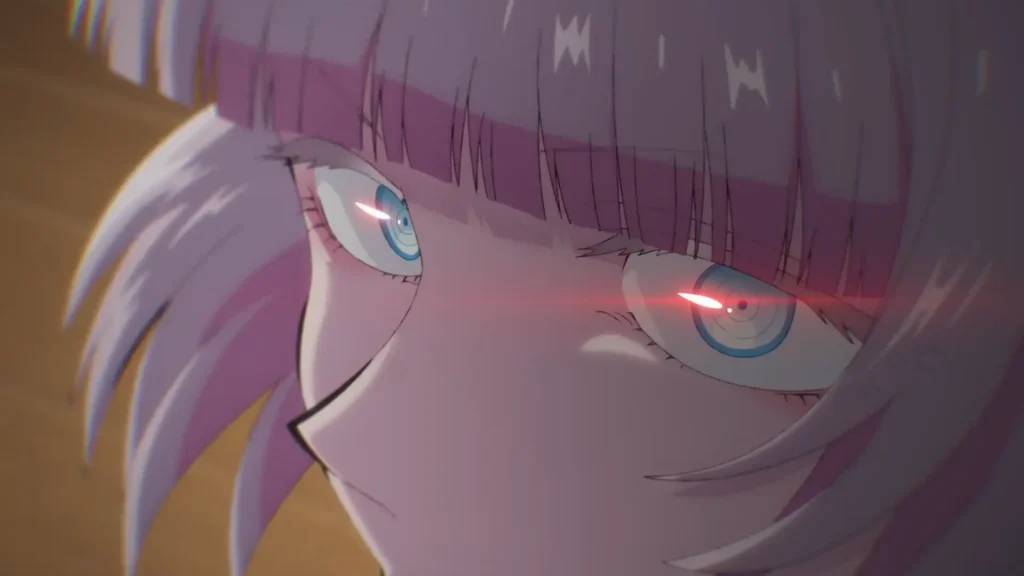
Call of the Night is an ethereal and atmospheric exploration of adolescent ennui and the seductive allure of the nocturnal world. It follows Kou Yamori, a middle-schooler disillusioned with the expectations of his daily life, who abandons school and develops chronic insomnia. His aimless nighttime wanderings lead him to Nazuna Nanakusa, a charismatic and enigmatic vampire who personifies the freedom he craves.
The series subverts traditional vampire lore by establishing a unique pact: to escape his mortal life, Kou must genuinely fall in love with Nazuna. This premise launches an ironic quest where Kou, who professes confusion over the very concept of love, must actively pursue the emotion to achieve his goal. The narrative thrives on the liminal space of the city after midnight, weaving a story of connection, alienation, and the search for meaning outside of societal norms.
Welcome to the N.H.K. (NHK ni Youkoso!)
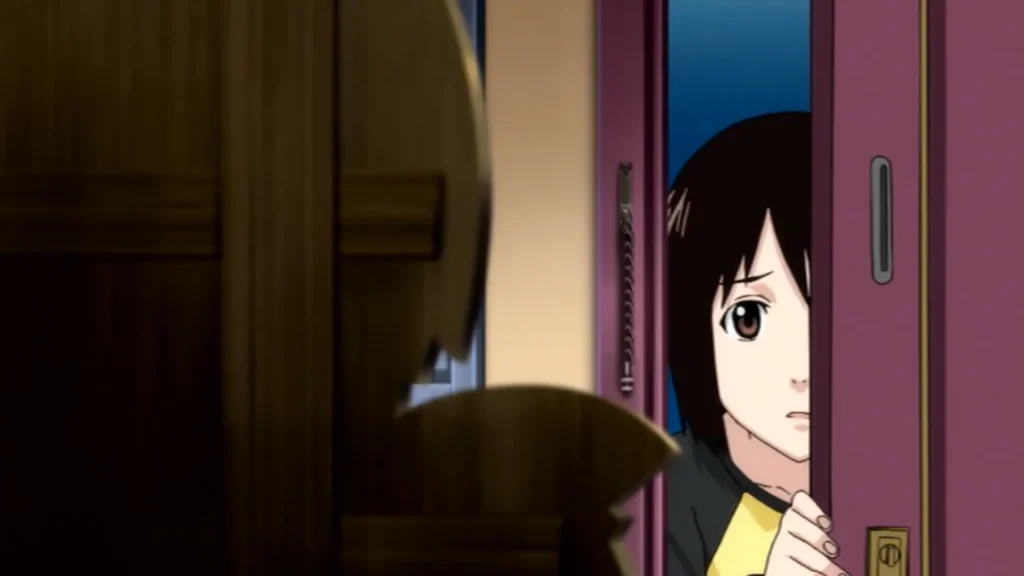
This is an unflinching and often darkly humorous psychological drama centered on Tatsuhiro Satou, a 22-year-old college dropout entrenched in the paralytic isolation of a hikikomori (shut-in). Having not left his apartment for four years, Tatsuhiro’s reality is warped by paranoia, culminating in his core belief in a grand conspiracy—the “Nihon Hikikomori Kyokai” (NHK)—which he blames for his status as a NEET.
The series is a raw dissection of social anxiety, depression, and self-wrought isolation. Tatsuhiro’s bleak existence is disrupted by the arrival of Misaki Nakahara, a mysterious young woman who claims she can “cure” him of his condition. Their relationship forms the crux of the narrative, presenting a paradoxical challenge: to heal, Tatsuhiro must confront the very society that he fears is conspiring against him, making for a poignant journey toward the terrifying prospect of reentry.
Kids on the Slope (Sakamichi no Apollon)
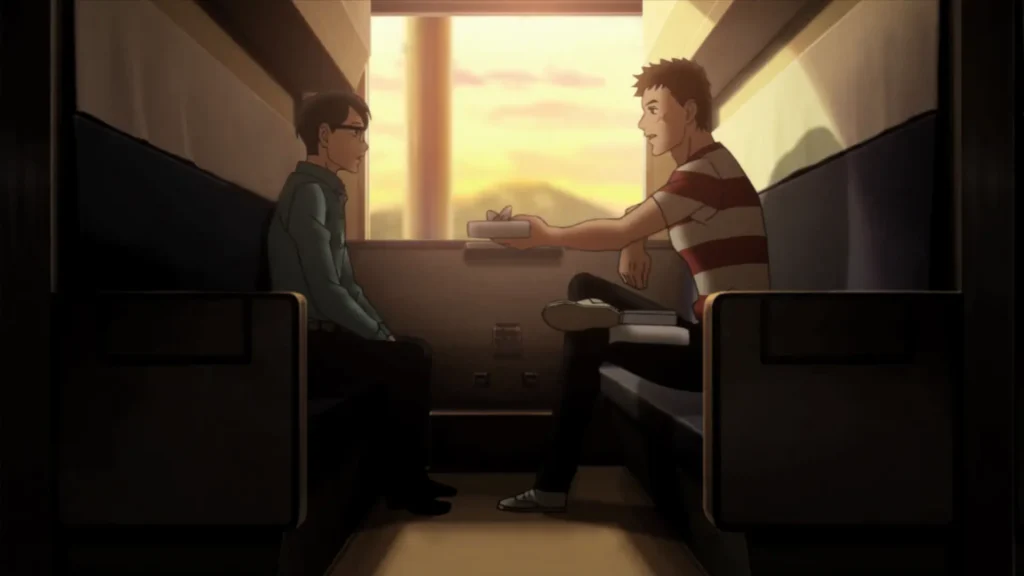
Set against the backdrop of the 1960s, Kids on the Slope is a captivating and soulful coming-of-age story where jazz music becomes the catalyst for transformative friendship. The narrative follows Kaoru Nishimi, an intellectually gifted but socially isolated classical pianist, who endures a life of constant relocation. His arrival in Kyushu introduces him to Sentarou Kawabuchi, the school’s boisterous “delinquent” who possesses an unbridled passion for jazz drumming.
Drawn into the improvisational and liberated world of jazz, Kaoru begins to break free from his rigid shell. The after-school jam sessions in the basement of a local record shop, run by the family of their classmate Ritsuko Mukae, become the heart of the series. This is a masterfully directed, atmospheric tale that explores the power of music to forge unlikely bonds and articulate the complex emotions of youth, friendship, and first love.
Planetes
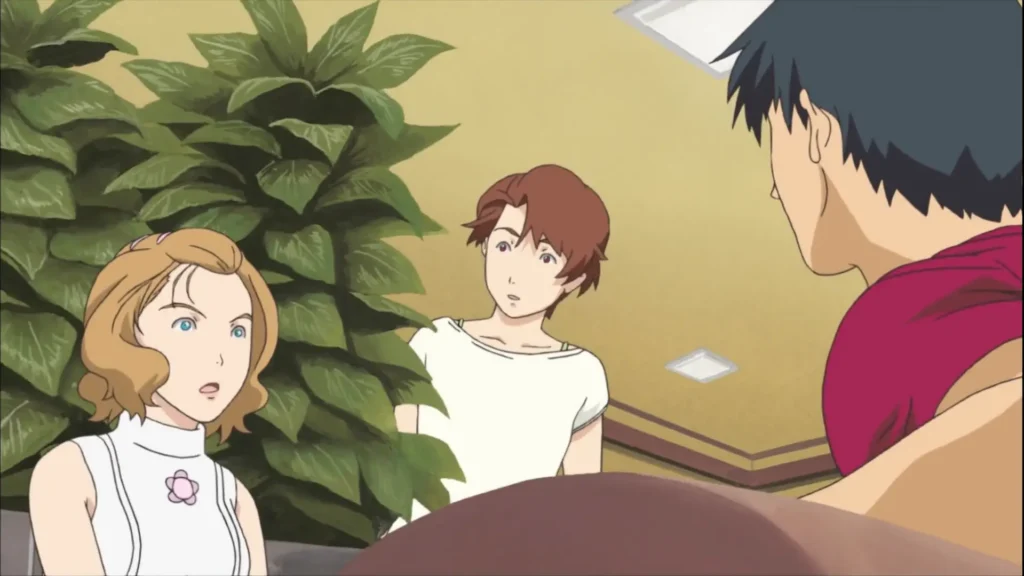
Planetes is a remarkable work of “hard” science fiction that subverts the glamour of space exploration by focusing on the blue-collar reality of its infrastructure. Set in 2075, the story follows the crew of the “Debris Section” at Technora Corporation, effectively the solar system’s sanitation crew, tasked with the dangerous and thankless job of clearing orbital debris.
The narrative is anchored by Ai Tanabe, an idealistic newcomer, who joins the underfunded and ridiculed department. Through her eyes, we meet a diverse cast, including the passionate Hachirouta Hoshino, who dreams of owning his own spaceship. The series uses the vast, indifferent expanse of space not for spectacle, but as a backdrop to explore profound themes of humanity, ambition, classism, and the existential loneliness of the final frontier, grounding its sci-fi concepts in deeply personal and realistic human drama.
Kamisama Kiss (Kamisama Hajimemashita)
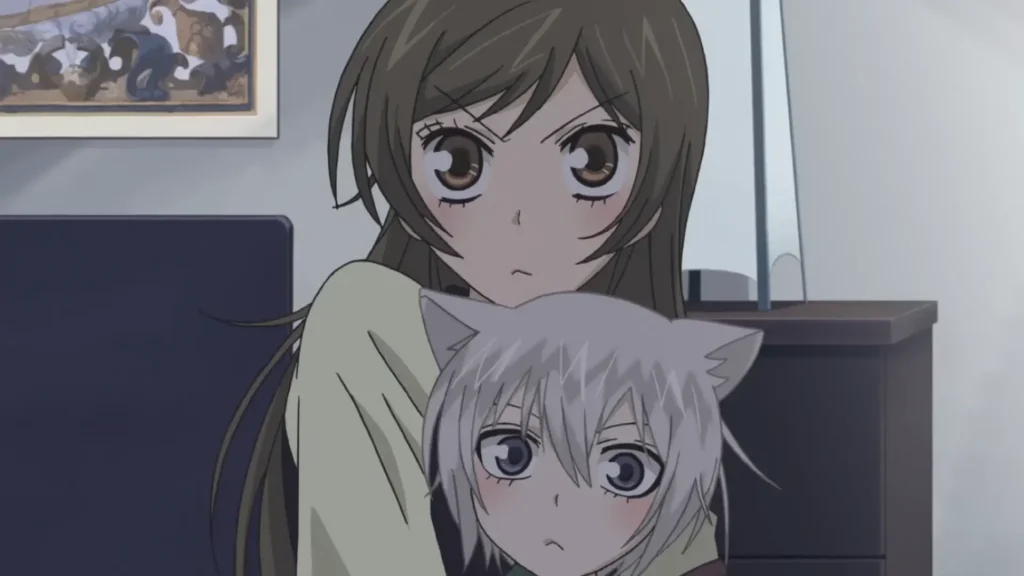
This series is a charming and whimsical supernatural romance that begins with a dramatic reversal of fortune. When high schooler Nanami Momozono finds herself homeless due to her father’s debts, a chance encounter with a mysterious man leads to an unusual offer: his home. This “home” turns out to be a rundown shrine, and Nanami discovers she has been unwillingly appointed as the new land god.
Her divine duties are immediately complicated by Tomoe, the powerful and cynical fox youkai familiar who is fiercely loyal to the previous god and refuses to serve a human. The narrative hinges on the magical contract that binds him to Nanami, forcing a relationship of god and servant. The story skillfully balances its comedic elements with the genuine dangers of the supernatural world and the slow-burn development of a romance between two beings from different worlds.
The Dangers in My Heart (Boku no Kokoro no Yabai Yatsu)
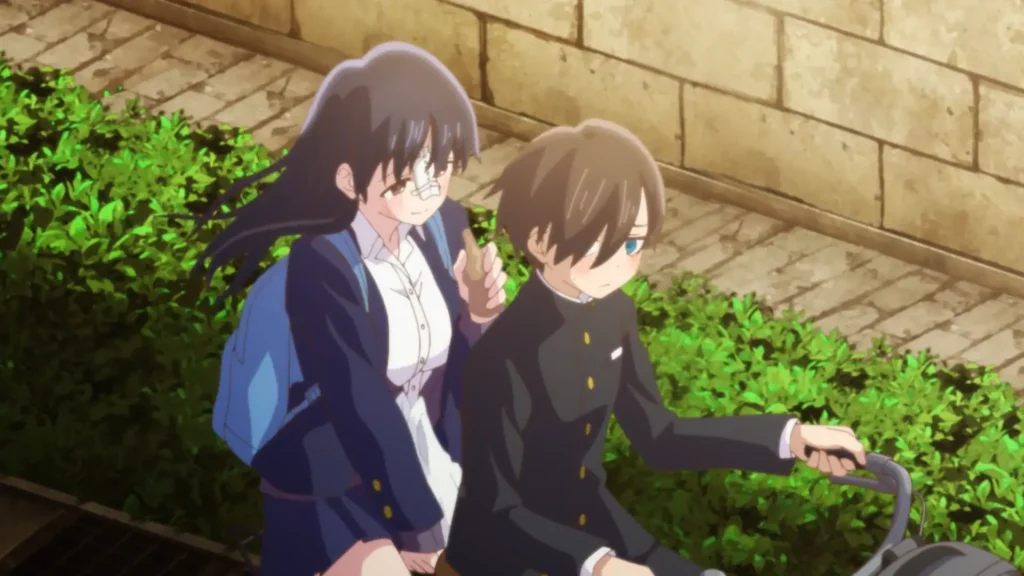
Built on a deceptively dark premise, The Dangers in My Heart is a surprisingly wholesome and insightful exploration of adolescent anxiety. The story is told from the perspective of Kyoutarou Ichikawa, an alienated middle-schooler who nurses a morbid internal monologue, fantasizing about murdering his popular and beautiful classmate, Anna Yamada.
However, these dark fantasies are a defense mechanism. When Ichikawa and Yamada begin sharing the school library as their respective sanctuaries, he discovers her endearing eccentricities and airheaded nature. His homicidal ideation rapidly dissolves, replaced by an overwhelming, awkward, and fiercely protective crush. The series is a masterful and tender portrayal of a boy overcoming his own social alienation, capturing the profound gap between one’s internal turmoil and the reality of human connection.
Horimiya
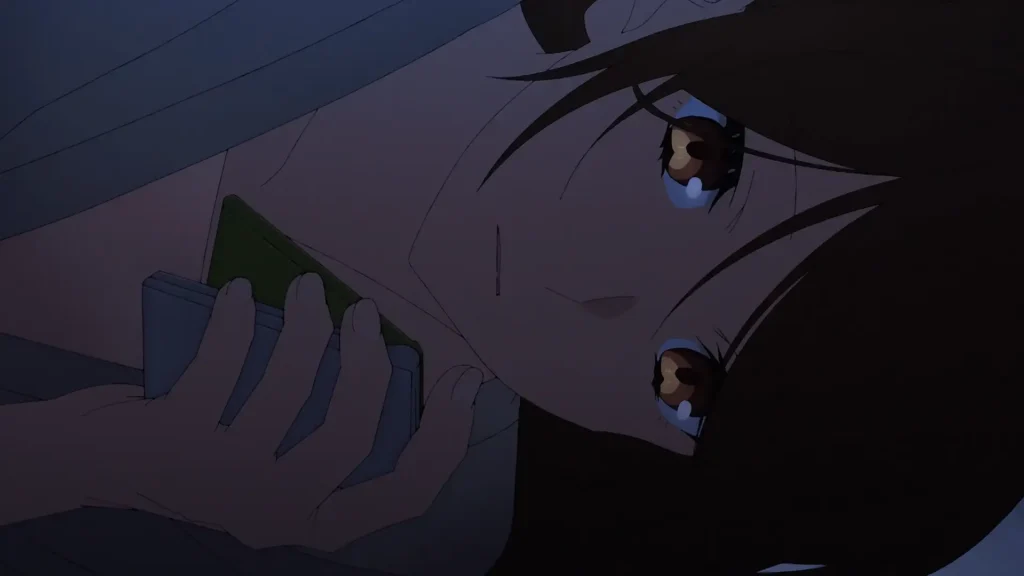
Horimiya is a celebrated romance that explores the vast difference between one’s public persona and private reality. The story links two classmates who appear to be polar opposites: Kyouko Hori, who is effortlessly popular, beautiful, and academically gifted, and Izumi Miyamura, who is perceived as a somber, gloomy, and forgettable loner.
Their true selves, however, are hidden. At home, Hori is a pragmatic homebody burdened with domestic responsibilities. Outside of school, Miyamura reveals a striking, heavily modified appearance with tattoos and piercings. An accidental discovery of each other’s secrets forges an intimate bond, allowing them to find solace in a relationship where they can be their unvarnished selves. It is a refreshing, tender, and often comedic narrative that champions the beauty of being truly and fully known.
Blue Box (Ao no Hako)
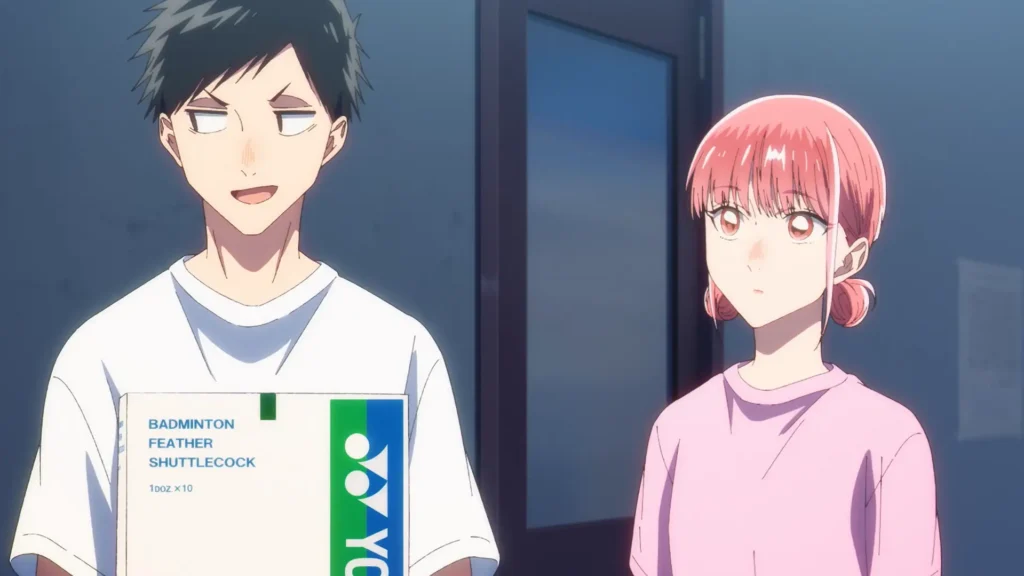
Blue Box meticulously blends the high-stakes drama of a sports series with the tender, heart-pounding tension of a high school romance. The story centers on Taiki Inomata, a dedicated member of the boys’ badminton team, who harbors a one-sided crush on Chinatsu Kano, the star player of the girls’ basketball team. Their connection is forged in the quiet, shared moments of their early morning practices.
The plot accelerates when, due to a family circumstance, Chinatsu moves in with Taiki’s family. This sudden cohabitation amplifies the romantic tension and fuels the narrative of mutual inspiration. Taiki’s admiration for Chinatsu’s dedication drives him to elevate his own game, setting a shared goal of reaching the national championships. The series excels at portraying how admiration, proximity, and shared ambition intertwine.
Honey and Clover (Hachimitsu to Clover)
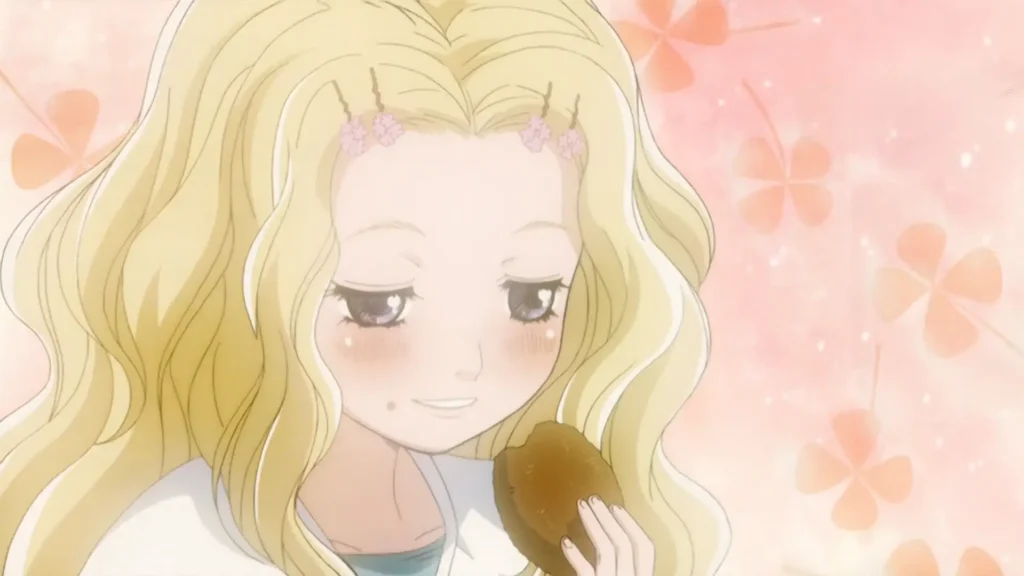
A poignant and definitive josei (aimed at young women) series, Honey and Clover is an introspective slice-of-life set within the bohemian world of an arts college. It follows a close-knit group of friends—Yuuta Takemoto, Takumi Mayama, and Shinobu Morita—as they navigate the final years of their education. Their comfortable equilibrium is disrupted by the arrival of Hagumi Hanamoto, a prodigious artistic talent whose childlike appearance belies her genius.
The series is celebrated for its mature and realistic portrayal of the complex, often painful, web of unrequited love that forms within the group. More than just a romance, it is a bittersweet exploration of the existential angst of impending adulthood, the search for a creative voice, and the heartbreaking, beautiful, and necessary process of finding one’s own path.
For more anime suggestions you can take a look at rankings page.
